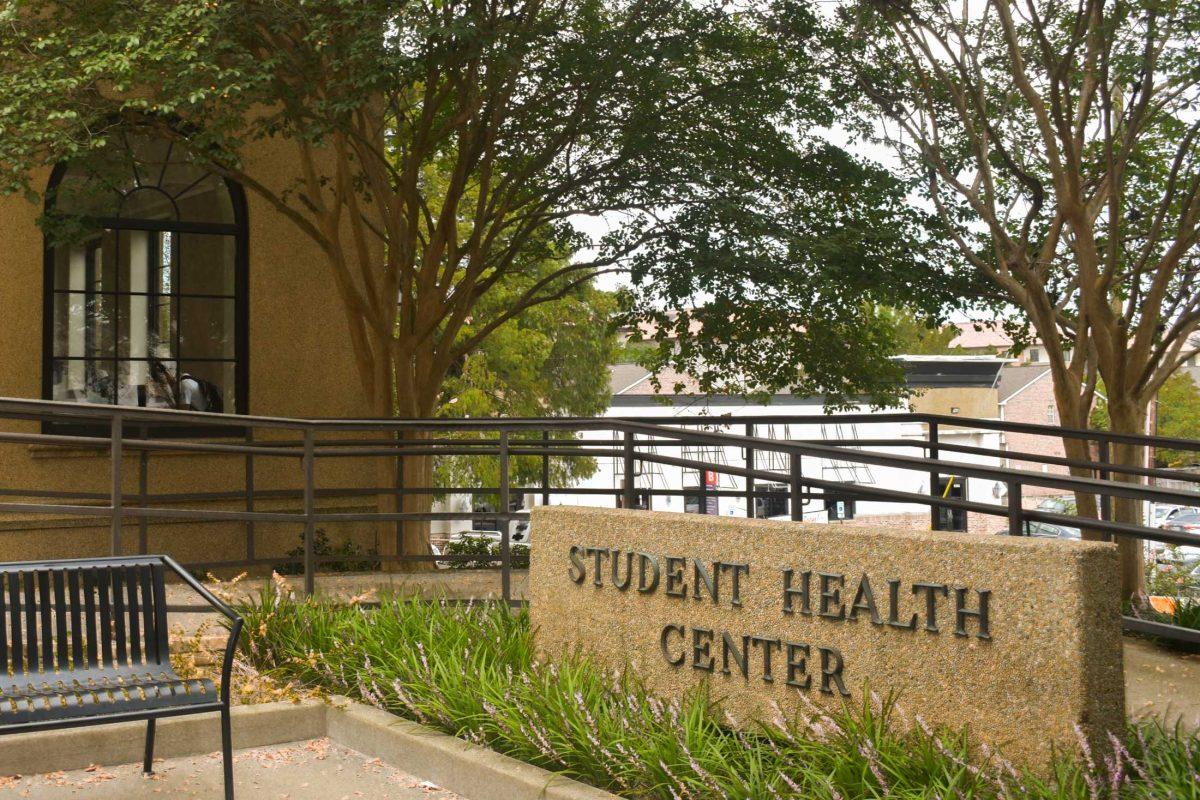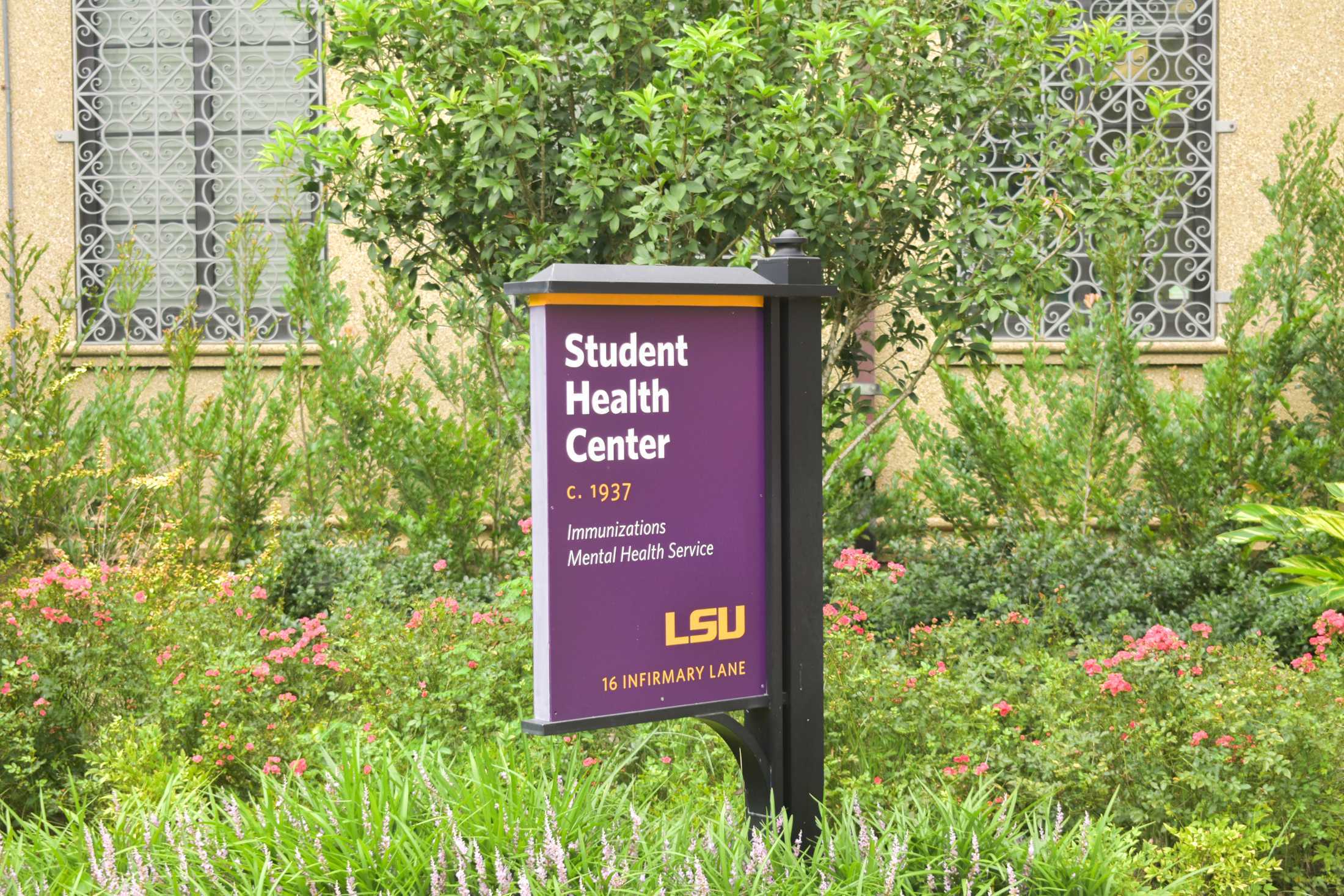With monkeypox cases on the rise and a total of 133 diagnosed cases in Louisiana, a LSU epidemiology professor and the university respond to questions regarding the university’s preparation on a potential campus-wide outbreak and explain the dangers of the disease.
Edward Trapido is a professor of epidemiology, associate dean for research at LSU Health New Orleans and a member of the university’s Medical and Health Advisory Committee. He believes it’s hard to imagine there won’t be a monkeypox outbreak on LSU’s campuses.
“Fortunately, it’s not deadly, but it’s only going to take a few people who are absolutely miserable to remind everybody how terrible this is, and even the photos of people in the infections are scary looking–they’re terrible,” Trapido said. “This is not something to play around with.”
According to the Centers for Disease Control and Prevention, “people infected with monkeypox develop a rash that can look like pimples or blisters and the rash may be painful or itchy.” Symptoms can include a rash, headache, fever, chills, respiratory symptoms or swollen lymph nodes.
Trapido advises students to avoid sharing towels, clothes and close contact with people in party settings if possible. He also advises high-risk students to get the vaccine.
After seeing that monkeypox has been predominantly affecting the gay male community, the vaccine is mainly offered to men who have sex with men, however, anyone can still get the disease, Trapido said.
He compared the monkeypox outbreak to the HIV/AIDS outbreak in 1981, a global pandemic that hit many communities of people, including the homosexual male community.
“When the first cases of HIV were diagnosed, it was also among gay men, [we] know that it didn’t stay there,” Trapido said. ”That’s been where it’s predominantly started, but there is evidence that it’s already occurring in other populations.”
Trapido said that monkeypox probably is hitting the homosexual male community because the virus first spread in Europe at parties where men were having sex with other men. Gay sex exclusively does not spread the virus, Trapido said. Close contact spreads the virus, whether it’s man to man, man to woman, woman to woman or any other combination.
Trapido explained that students will be okay and should not panic if they are infected, because the virus is rarely fatal, but it will be a rough few weeks due to the virus’ “excruciating pain.” Lesions can form on the skin and genitals, but also inside of the throat or rectum.
If a student begins to feel like they’re coming down with the flu or they were exposed to someone with the virus, they should go get tested, Trapido said.
LSU Spokesperson Ernie Ballard, said the university will continue to try to educate the LSU community about monkeypox, like they did with COVID-19, to help them learn about the symptoms and how to better protect themselves.
“At this time, LSU does not plan to distribute the monkeypox vaccine to campus because the CDC does not currently recommend the vaccine for widespread use,” Ballard said. “However, if we have any cases of monkeypox on campus, the Louisiana Department of Health is prepared to assist LSU with contact tracing and can provide the vaccine to anyone they believe to be a high-risk exposure.”
LSU sent a mass email on Aug. 11 to inform students of the recent monkeypox outbreak across the country. The email provided a list of actions the university is taking against the outbreak such as providing testing capacity and protocols for students presenting symptoms.
The list also said that LSU Environmental Health and Safety will remove any hazardous waste from campus, the Office of Emergency Preparedness and Louisiana Department of Health briefings will continue to implement recommended protocols for students, faculty and staff and the LDH will work with LSU to conduct contact tracing for those infected and will offer the vaccine to high-risk exposures.
If a student has monkeypox or has been exposed, the email advises students to reach out to their healthcare provider immediately, inform residential life if they live on campus, not go to class and to isolate until rashes have fully healed and symptoms are resolved.
The email also provided additional tips to prevent the spread of monkeypox including:
Do not kiss, hug, cuddle or have sex with someone with monkeypox.
Do not share eating utensils, cups, lip balms or cigarettes with someone with monkeypox.
Sanitize shared gym equipment before and after each use.
Wash your hands with soap and water.
To locate a testing site, visit the LDH website.






